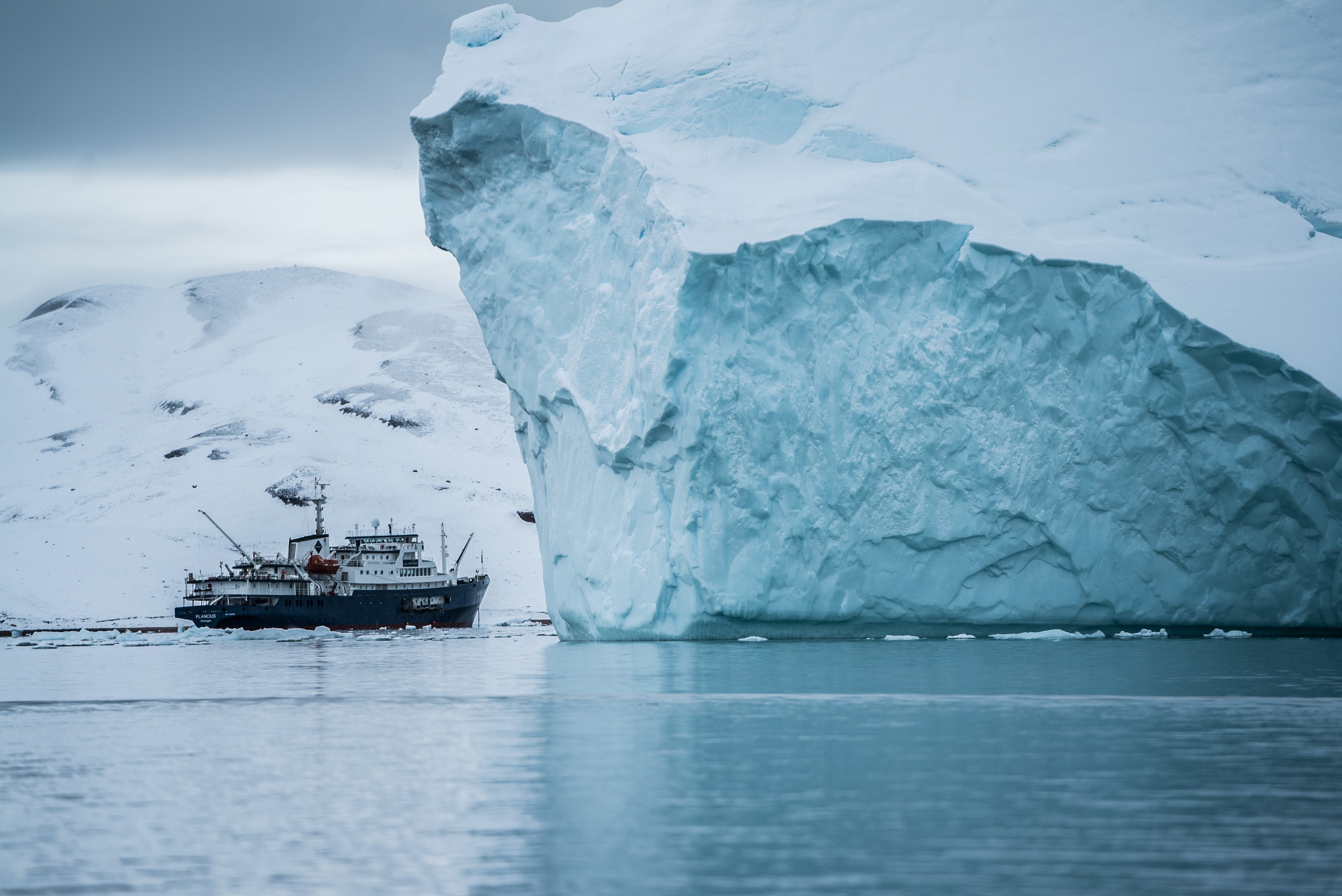
Governments have long discussed how best to defend the High Arctic – our northern frontier. This takes on more importance now with Russian adventurism in full flight and the sighting of Chinese ships and nuclear submarines near Tuktoyaktuk in the area we know as the Northwest Passage. Even the United States has on at least two occasions – 1969 and 1985 -- entered the sovereign area without authorization.
The Canadian Arctic Archipelago consists of over 36,500 islands with an area of over 1.4 million square kilometres – about 14 percent of Canada.
"Canadians' safety is at risk if we do not step up to the plate and adequately defend," said Conservative MP Bob Zimmer, critic for northern affairs and Arctic sovereignty. "We need leadership." Zimmer wonders how Canada would respond to a military threat in the High Arctic.
In a recent email, MP Leslyn Lewis wrote: "We can no longer take our national security for granted. We share an arctic border with Russia and must bolster our military to protect our sovereignty." If there is an international conflict, Canada's Arctic is likely on the flight path.
Canada claims that the waters of the Arctic Archipelago are our internal waters – not an international passage. That claim is disputed by the US. However, asserting Canadian sovereignty allows Canada to regulate fishing, the environment, and resources. It also means we can charge duties or inspect any ships passing through our Arctic.
For Canada to assert sole responsibility will require enhanced defence forces. We would need to beef up our Coast Guard and military surveillance using increased air patrols and satellite observation.
One other option is to team with the North Atlantic Treaty Organization (NATO), which has a stake in keeping the Arctic free of conflict and ensuring the circumpolar area remains demilitarized and open to marine traffic. Who manages that increased traffic, and who has the authority to restrict access and passage of hazardous substances? Clearly, geography dictates that it is the responsibility of Canada.
Making the Arctic a priority
Defence Minister Anand says Canada has trained over 33,000 soldiers in Ukraine; how many are being trained to safeguard Canada's Arctic? NATO Secretary-General, Jens Stoltenberg, said he expects Canada to keep its promise to increase defence spending to 2% of GDP. The federal Liberals have been under-delivering on this commitment. The Liberals are also failing to aid our Northern communities. Our federal government needs to identify priorities, among which are national sovereignty and defence.
Even Yukon's Liberal Premier Sandy Silver recently emphasized our needed presence and attention in the region. In July, he spoke on Economic Development Challenges in a Volatile Arctic at the Pacific Northwest Economic Region (PNWER) Summit.
"If Arctic sovereignty is not around anymore, then we're all in jeopardy. You know, it took us 25 years to get our [Canadian] Rangers in the North new rifles … we have nuclear technology from other countries in our circumpolar region, so we've been on a kind of a little bit of a travelling roadshow about the importance of sovereign communities with our premiers."
The Harper government changed the tone of arctic politics and policy. Liberal documents like Northern Dimension emphasized the interconnectedness and internationality of the circumpolar region. But the Harper approach defended Canadian national interests in the region. Defending Canada's borders and sovereignty has always been a leading priority for Conservatives.
We also believe it is our national responsibility to safeguard and improve the quality of life of our northernmost citizens. In the territories, food insecurity is a growing issue, and basic groceries typically cost four times as much as they do in the south. We need to partner with private industry and promote responsible resource development. For Conservatives, a comprehensive arctic policy encompasses both the protection of sovereignty and the increased independence and economic viability of northern communities – it is one package.
Prime Minister Harper visited the Arctic nine times to ensure Canada staked its ownership of the region. In 2007 he stated, "Canada's new government understands that the first principle of Arctic sovereignty is: Use it or lose it." That resolve has been tested by the Chinese and Russians recently, and the Danes, who lay claim to tiny, disputed Hans Island (80.824398° N -66.461179° W) located halfway between Greenland and Ellesmere Island, Nunavut.
During and after the Cold War, we could count on NORAD and the North Warning System to protect us. Today, the aging system does not adequately cover the entire Arctic Archipelago. With a more accessible Arctic due to climate change, plus more aggressive players on the world scene, we cannot rely on the USA or NATO to defend us.
As in other areas – like energy and public health – Canada needs a homegrown coherent plan to defend our interests. We also need a strategy to work with the private sector to intelligently utilize arctic resources for the benefit of our northern residents.


